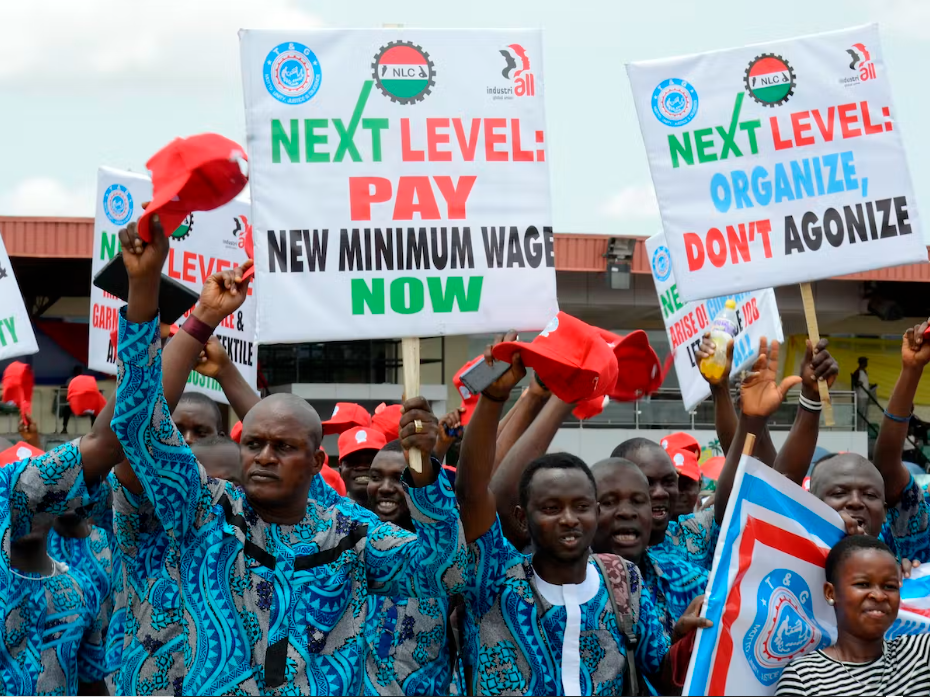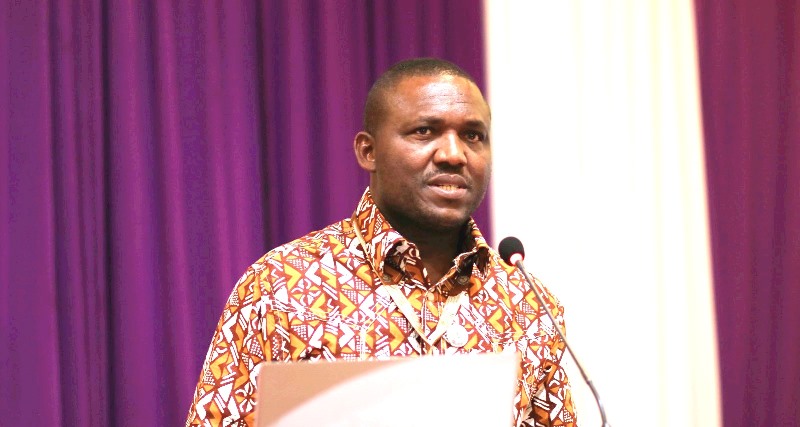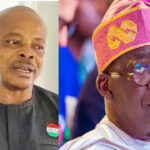
Workers and some labour leaders have demanded that the right kind of decent wage Nigerian workers need at this critical period in the economy should be the one that is commensurate with the level of inflation that emerged as a result of government policies.
Noting that the country’s N30, 000 minimum wage is never convenient to take care of a family of four, they argued that the current situation would increase the demand for salary review.
While stating that government has made a complete mess of the real wages for workers, it said if the government was serious and had empathy, the kind of wage that would meet demands should not be less than N250, 000.
Assistant General Secretary, Nigeria Labour Congress (NLC), Chris Onyeka, said that the kind of wage that a worker needs now is that which could pay rent, feed, have decent accommodation and pay fees conveniently.
This followed the inauguration of President Bola Tinubu, where he made promises of his administration to create meaningful opportunities for the youth, create one million new jobs in the digital economy, work with the National Assembly to fashion an omnibus jobs and prosperity bill, which will give space to embark on labour-intensive infrastructural improvements, encourage light industry and provide improved social services for the poor, elderly and vulnerable.
However, worried that since he came on board, the cost of transportation has gone up by 330 per cent, which has led to Nigerians becoming trekkers. Onyeka lamented that workers are already trekking to work because of the incompetency of governance and the carelessness of a leader in making pronouncements on sensitive national issues.
“We are going to see negative multipliers as a result of this in the coming days. Already, workers spend close to 70 per cent of their salaries on food. To mitigate this, there is the need to raise the national minimum wage floor to N250, 000, but in doing that government will exclude over 90 per cent of the population.
“How many persons make up the public service in Nigeria? What percentage of workers is captured on the national minimum wage floor? The informal sector workers are not captured. We are talking about living wage and if we talk about that we must talk about the cost of living index. When you talk of the cost of living index, you must talk about the figure that will help Nigerian workers have a decent life vis-a-vis meeting the cost of living index.
“Government must look for ways to increase the disposable income of Nigerians cutting across all sectors. How do you reduce the 133 million multidimensional poor Nigerians, is it by increasing the cost of fuel? How do you lift the poor from poverty from being multidimensional poor? Touching the price of fuel is like touching the lives of the people,” he said.
First Deputy President, Trade Union Congress of Nigeria (TUC), Dr. Tommy Okon, said with the ongoing negotiation, what labour was looking at are allowances and incentives and not wages. He noted that the issue of national minimum wage is a consumer matter, signed to be in five years, which is next year.
For immediate intervention, “we should be talking of palliative and allowances that can cushion the subsidy effect. Now, we are still meeting to take a position. TUC will meet today with CWC and NLC too will meet and we all will do a joint position to present to the government on that.
“Since we are not opposed to the removal of the subsidy, those interventions are very important. Interventions are both financial and material, but would be unveiled when we have concluded our meetings and taken our position,” he said.
When asked what palliatives labour is looking at to cushion the effect, he refused to disclose stating that it would be made known in the position.
Similarly, the Director-General, Nigeria Employers’ Consultative Association (NECA), Adewale-Smatt Oyerinde, said wherever government stands, the living wage should not be based on any parameter of empirical data.
He also said it should not just arise based on emotions or current fixed figures, but must be a figure that will be negotiated based on empirical data because government cannot negotiate based on the private sector.
“Whatever they are negotiating, there should be some separation between the private and public sectors. For the private sector, we have our mechanism of resolving issues such as these,” he said.













